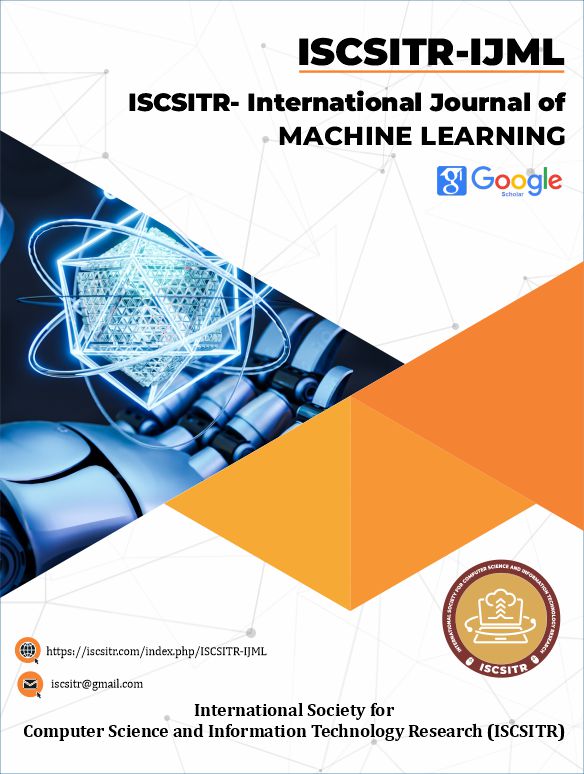Evaluation of Ethical and Fairness Constraints in Algorithmic Decision Making Using Auditable Machine Learning Pipelines
Keywords:
Algorithmic fairness, Auditable pipelines, Ethical AI, Transparency, Bias mitigation, AccountabilityAbstract
Algorithmic decision-making systems are increasingly deployed across critical sectors such as healthcare, finance, and criminal justice. However, these systems often operate as opaque black boxes, raising concerns around fairness, accountability, and transparency. This paper investigates the implementation of ethical and fairness constraints within auditable machine learning (ML) pipelines, focusing on how traceability, interpretability, and post hoc auditability can be systematized. We develop an experimental auditable pipeline framework that enforces fairness constraints and allows third-party evaluation. By simulating common fairness scenarios on benchmark datasets, we demonstrate that auditable pipelines enhance transparency and reduce disparate impact without sacrificing predictive performance. Our analysis provides insights for regulatory frameworks and industry guidelines aimed at responsible AI development.
References
Angwin, Julia, et al. Machine Bias: There’s Software Used Across the Country to Predict Future Criminals. And It’s Biased Against Blacks. ProPublica, 2016.
Chouldechova, Alexandra. “Fair Prediction with Disparate Impact: A Study of Bias in Recidivism Prediction Instruments.” Big Data, vol. 5, no. 2, 2017, pp. 153–163.
Doshi-Velez, Finale, and Been Kim. “Towards a Rigorous Science of Interpretable Machine Learning.” arXiv preprint arXiv:1702.08608, 2017.
Dwork, Cynthia, et al. “Fairness Through Awareness.” Proceedings of the 3rd Innovations in Theoretical Computer Science Conference, 2012, pp. 214–226.
Hardt, Moritz, et al. “Equality of Opportunity in Supervised Learning.” Advances in Neural Information Processing Systems, vol. 29, 2016, pp. 3315–3323.
Kroll, Joshua A., et al. “Accountable Algorithms.” University of Pennsylvania Law Review, vol. 165, no. 3, 2017, pp. 633–705.
Kleinberg, Jon, et al. “Inherent Trade-Offs in the Fair Determination of Risk Scores.” arXiv preprint arXiv:1609.05807, 2017.
Raji, Inioluwa Deborah, et al. “Saving Face: Investigating the Ethical Concerns of Facial Recognition Auditing.” Proceedings of the AAAI/ACM Conference on AI, Ethics, and Society, 2020, pp. 145–151.
Selbst, Andrew D., et al. “Fairness and Abstraction in Sociotechnical Systems.” Proceedings of the Conference on Fairness, Accountability, and Transparency, 2019, pp. 59–68.
Zemel, Rich, et al. “Learning Fair Representations.” International Conference on Machine Learning, 2013, pp. 325–333.
Barocas, Solon, and Andrew D. Selbst. “Big Data’s Disparate Impact.” California Law Review, vol. 104, no. 3, 2016, pp. 671–732.
Mitchell, Margaret, et al. “Model Cards for Model Reporting.” Proceedings of the Conference on Fairness, Accountability, and Transparency, 2019, pp. 220–229.
Gebru, Timnit, et al. “Datasheets for Datasets.” Communications of the ACM, vol. 64, no. 12, 2020, pp. 86–92.
Binns, Reuben. “Fairness in Machine Learning: Lessons from Political Philosophy.” Proceedings of the 2018 Conference on Fairness, Accountability, and Transparency, 2018, pp. 149–159.
Sandvig, Christian, et al. “Auditing Algorithms: Research Methods for Detecting Discrimination on Internet Platforms.” Data and Discrimination: Collected Essays, Open Technology Institute, 2014, pp. 1–23
Downloads
Published
Issue
Section
License
Copyright (c) 2021 Nicolas Suzor (Author)

This work is licensed under a Creative Commons Attribution-NonCommercial 4.0 International License.

